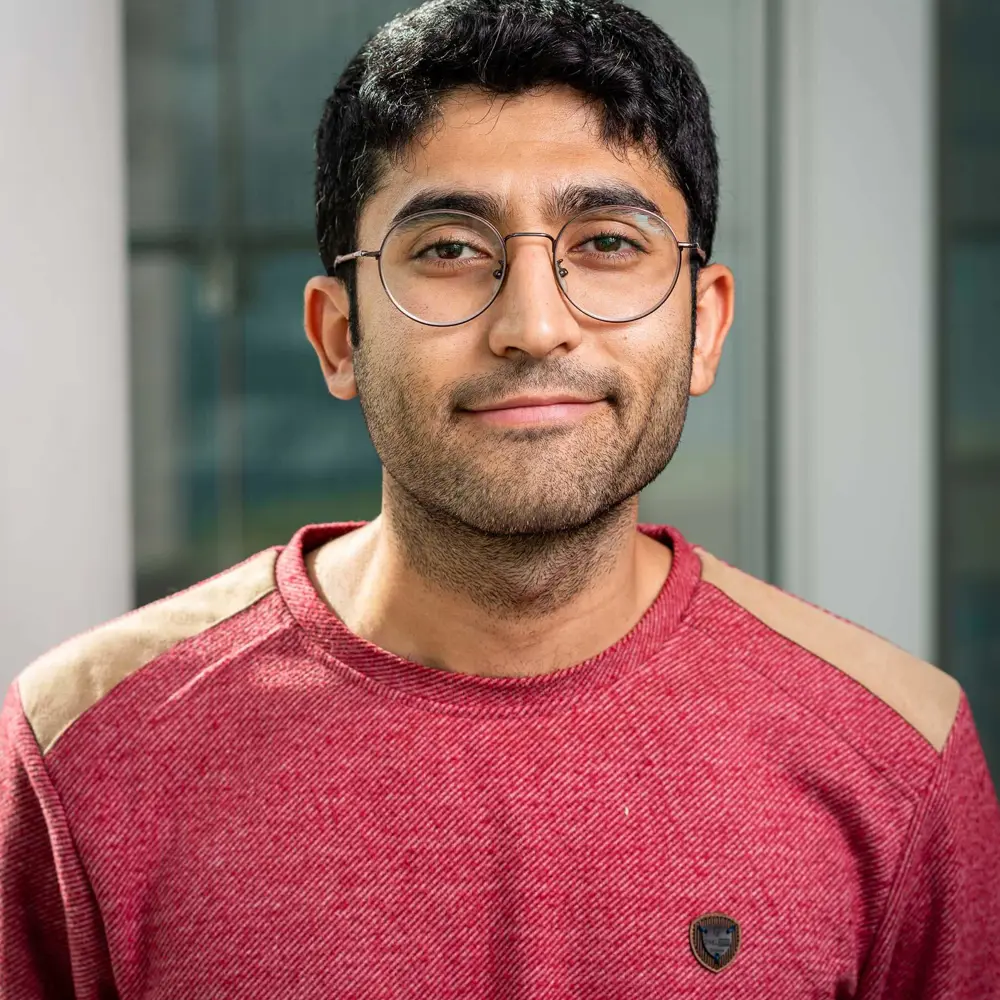
Arash Pordel
Theme
Business and ManagementProject
Pivoting towards net-zero mobilitySupervisor(s)
Dr Daniela Defazio, Dr Rossella Salandra, Prof Dimo DimovBio
Two years ago, on my 30th birthday, my world was turned upside down by a thought-provoking question posed by a friend: "Will you be satisfied with your life sixty years from now? How much are you willing to sacrifice to live your dreams?" It was a shocking and profound moment that marked the beginning of a new chapter in my life.
Five years prior, after completing my Master's degree in business and with hopes of settling down, I made the difficult decision to put my dream of pursuing a Ph.D. on hold and instead fulfill my mandatory military service in my country. Following that, I got married and worked diligently as an employee to make ends meet. However, I didn't stop there. I took the leap and launched my own business, which flourished and allowed me to find a sense of stability.
Although it seemed like the end of the story, my 30th birthday brought a realization that my journey had just begun. In a single moment, I started to see all the years of challenges and achievements as stepping stones toward a new path. "Do not settle now. Not yet!" I told myself with determination.
For as long as I can remember, I have cherished the dream of studying abroad at a prestigious university. Now, in my 30s and armed with over 10 years of professional experience, I feel more confident than ever to embark on my research journey in business and management.
And the incredible news is that my dreams have become a reality…
I am now a proud Ph.D. student at the University of Bath. What's even more fortunate is that I have the unwavering support of AAPS CDT, an organization that perfectly aligns with my values. Together, we are working towards a future where businesses prioritize environmental friendliness, leaving a positive impact on the world for generations to come.
Thank you for being a part of my story, and I am truly grateful for the opportunity to share this exciting chapter with you.
Fun Facts
- I asked my wife to marry me three times, and each time I was met with rejection. However, she eventually proposed to me herself!
- During my master's degree, I wore the same shirt for two years straight. Unfortunately, as soon as we got married, my wife took it upon herself to tear it apart, sparing you from witnessing me wearing it for another four years during my Ph.D.
- During my bachelor's degree, I managed to oversleep and miss the exams for a particular course not just once or twice, but an astonishing three times! It's no wonder it took me a full five years to complete my bachelor's degree
Pivoting towards net-zero mobility
The automotive industry is under increasing pressure to reduce its environmental impact and contribute to global net-zero goals. Alongside technological changes, such as the shift towards electric vehicles, there is growing attention to Artificial Intelligence (AI) as a potential solution to help reduce emissions. AI is being promoted as a tool for making transport more efficient, reducing waste in production, and supporting greener mobility options. However, while many promises are made about AI’s contribution to net-zero, much less is known about how these claims are communicated to the public and stakeholders, and how this discourse has evolved over time.
This PhD project explores how the automotive industry talks about AI in the context of net-zero and investigates how AI is framed as part of the climate transition. It focuses on how firms, media, and scientific actors construct meaning around AI and sustainability, how they use communication to build legitimacy, and how these narratives shift across time and between actor groups.
The project consists of three academic papers. The first paper explores how automotive firms frame AI within their sustainability narratives, comparing framing strategies across different types of firms (e.g., legacy vs. new entrants, large vs. small, regional differences). The second paper focuses on how media outlets amplify, challenge, or reshape these narratives, looking at differences between general media, industry media, and corporate-affiliated outlets. The third paper looks at the role of scholars, investigating how academic discourse aligns with or diverges from industry and media narratives, and how scientific framing of AI in sustainability contexts evolves over time.
The thesis will conclude with a synthesis chapter that integrates findings across all papers, providing a cross-actor reflection on framing dynamics. It will explore how different actors influence each other’s language over time, which frames become dominant or marginalized, and what this means for the future direction of AI in net-zero transitions. This integrative analysis will offer broader insights into discursive power relations. It will highlight implications for responsible innovation and sustainability governance in the automotive sector.